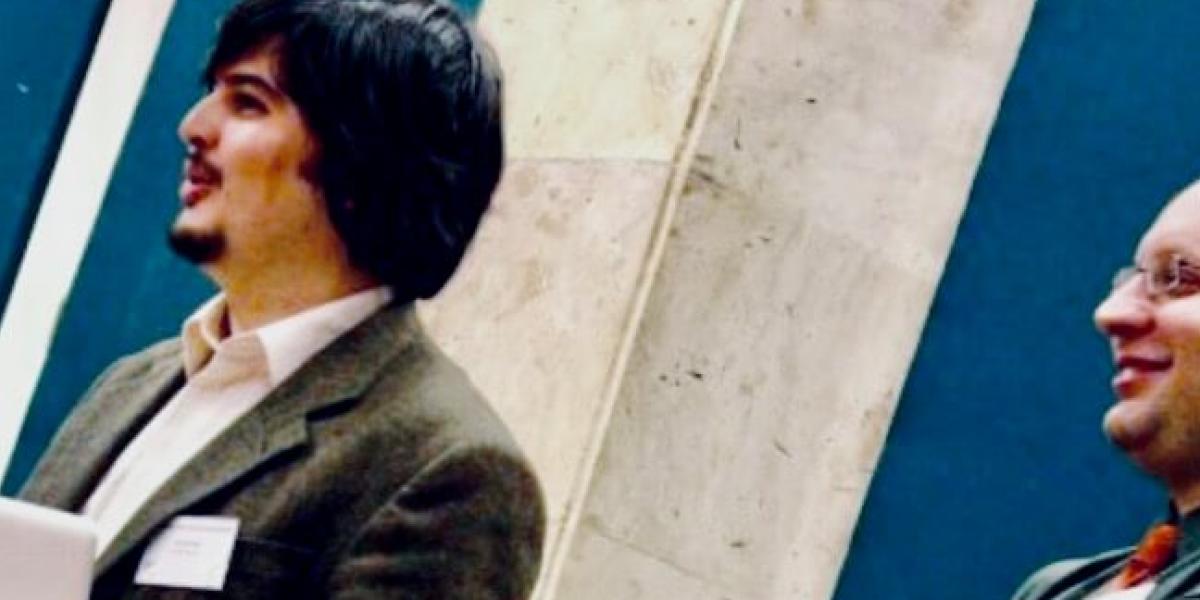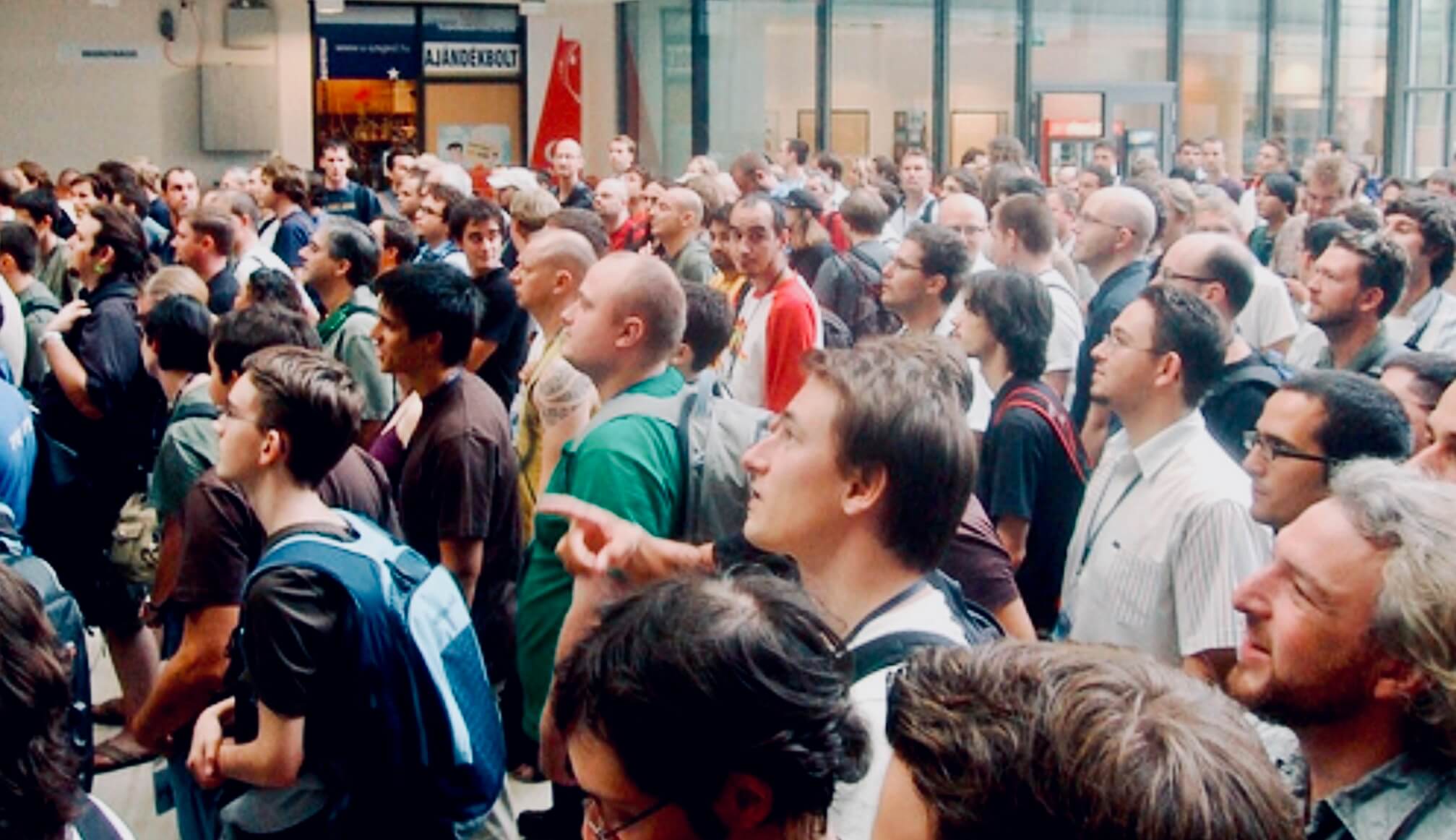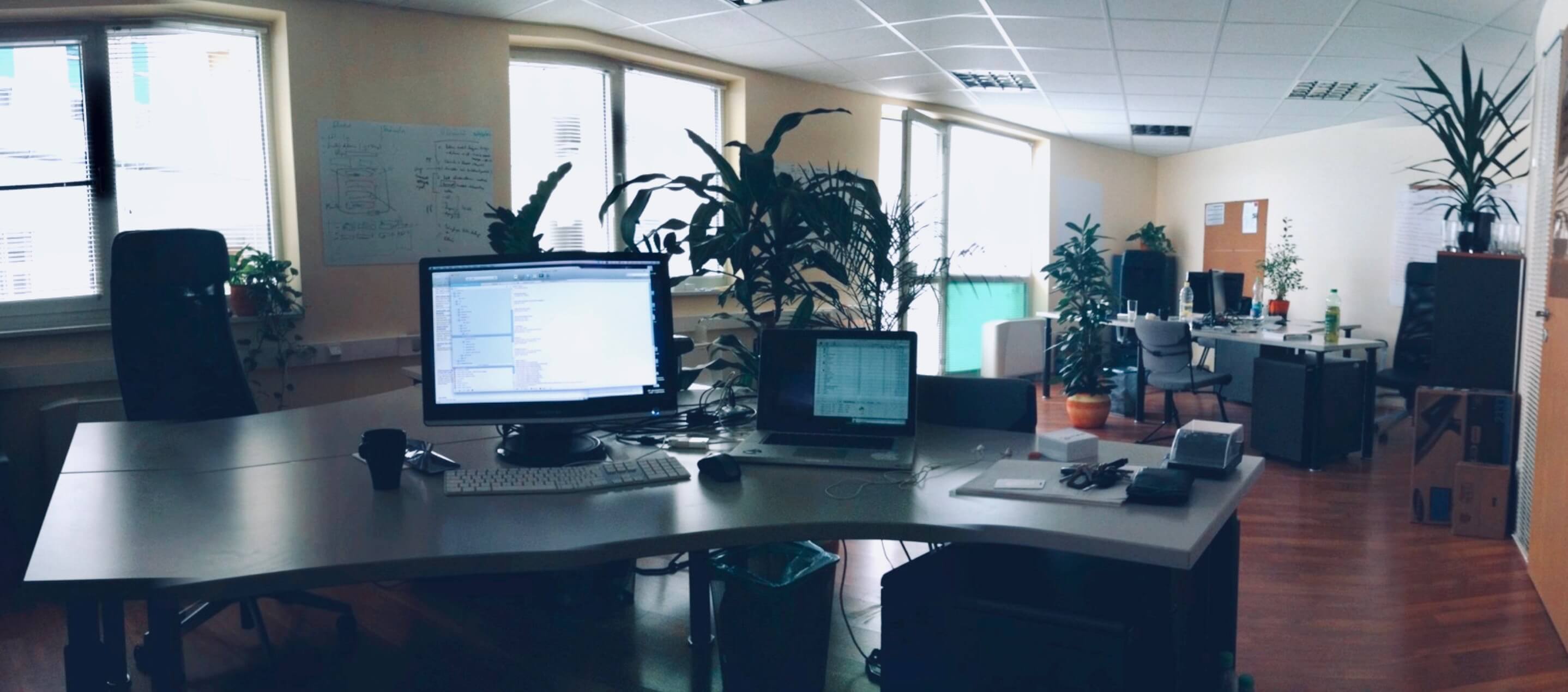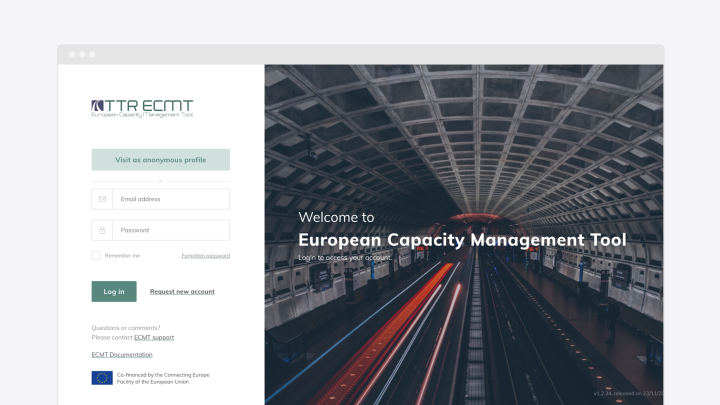Integral Vision's founding story
Integral Vision
In August 2008, the annual conference on Drupal, DrupalCon, was organized in Szeged. Five hundred people gathered, a bunch of eager faces running around with MacBook. It was an incredible experience to see how software can be developed: community-based, self-organized. It was a big contrast to the operational/sales models we had seen before.
Drupal had only been on the market for a few years and was primarily a CMS supporting site builders. It was pretty clear to me that there was much more to it, that it would grow into businesses in the years to come that would finally offer affordable prices for a much higher standard than the portal solutions available.

I left my job later that year and incorporated Integral Vision Ltd. I wanted to create a company to build a professional, capable team for open-source projects.
A year later, István (pp) and Ákos were added to the team, and the professional and business footing was on solid ground. We could start developing the company.
Can I make an impact?
I remember walking down the corridor of the multi, looking at the picture of a paddleboard on the wall with the core values of the marketing department: customer focus teamwork. I worked for the company for several years, but I still felt out of touch. It felt like an empty slogan in a company where sales were selling what we were working on in a separate building from the developers, using methods and tools we didn't know how to use.
While it was a perfect place, one of the best companies in the country, I loved working there, spending my weekdays with competent, friendly people. I just felt that what I thought was important, my driving force, I wouldn't be able to express here; I wouldn't have the space to make an impact because I didn't have the proper involvement. It was then that I was introduced to the lean philosophy, and I was able to experience how to develop a product in an agile way. I understood that an agile method that succeeds in a microenvironment is not enough to have continuity in the value chain. I dreamed of a workshop where sales are built on this, contributing to value creation more organically.
My why
I grew up under the dictatorship of Ceausescu. For me, the repressive regime meant, first and foremost, fear, secrets, insecurity, and lack of freedom. I developed a sensitivity to anything exclusionary, manipulative, that restricted freedom. Perhaps that is why I was sensitized by any experience where I was brought together with a boss who was above the rest, where decisions were the privilege of the few and the execution of the many.
I dream of a company where each person can create according to their values and goals, where we can work together to build the foundation for where we want to go.
I wanted to work in a company where people take responsibility for themselves, their contributions, actions, and connections, where they are supported to grow, to express their values.
Contents
In addition to Drupal, we were interested in two other main areas. At first, it wasn't clear which e-learning, portal development, and UX design areas would be represented in our company. In the first year, we did all three; then, we decided that effect would be more pronounced and focused more on that.
Akos's approach was instrumental in the issues and approach we built on in the first two years. We wanted a focused client relationship; we wanted to take on complex development projects from the start rather than a website factory. To do this, we benefited from István's experience. He had a strong vision of quality, sustainable code, and open-source benefits. These impulses set the technological background, and we started recruiting developers to match. We agreed that he would lead the industry, and I would be responsible for the human element. We focus on both equally in every interview, but we don't compromise on the latter: if there are questions about someone's credibility, trustworthiness, or cooperation, we don't hire them. We agree that competence can be enhanced, but we are not in the business of correcting character flaws.
At the time, we were sponsors and organizers of national Drupal events, and we also advertised several training courses, which resulted in many excellent developers approaching us. It was an ideal time to build a strong team.
Original thoughts?
The experiences from the multi were still working hard in me, so it was easy to come up with the following sentences, which defined the company culture.
These light-hearted phrases provided strength focus and were easy to communicate in a marketplace where most workers were thirsty for meaningful work while equally hating their boss, time-sucking, and pointless rules.
The advantage of self-definition against something is that it rules out unwanted states, triggers emotions, and gives you confidence. The disadvantage is that it also excludes what it shouldn't. The unwanted side effects have been with us for the last ten years, but it's only in the previous year or two that they've become tangible.
The time has come to review previous statements and formulate perhaps less charismatic but more apparent principles that support growth. The pillars are the same now as they were at the founding: in the professional, entrepreneurial, and human areas, it is essential to be clear about the status quo, what we are doing and where we are going.

Share with your friends!


